The World & Vietnam Newspaper highlights some outstanding international events in the past 24 hours.
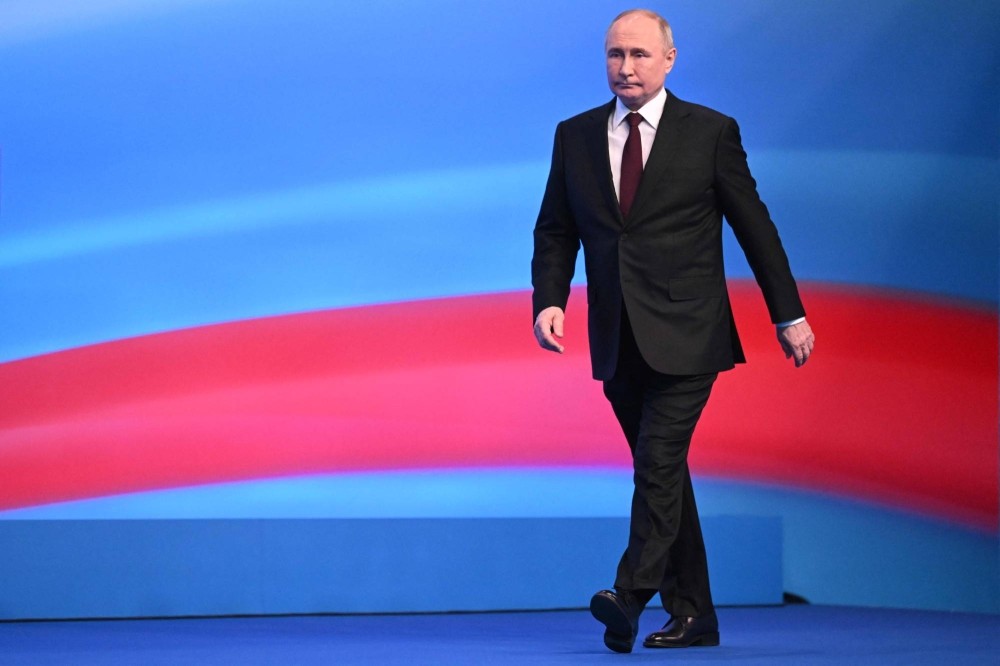 |
| Russian President Vladimir Putin at his election campaign headquarters in Moscow on March 17, after winning the election by a landslide. (Source: AFP) |
Europe
* Russian President Vladimir Putin re-elected for a 6-year term: On March 18, after the Russian Central Election Commission (CEC) counted 99.43% of the total votes, independent candidate Vladimir Putin won 87.32% of the votes.
The result means incumbent President Putin, 71, will continue his new six-year term and become Russia's longest-serving leader in more than 200 years if he completes it.
According to the Kremlin, the election results "are the most eloquent confirmation of the level of support of the country's people for the President and their unity around him."
At the election campaign headquarters, the leader emphasized the priorities for the new term similar to the main tasks for national development that he outlined in his recent State of the Union Address.
However, the Russian President reiterated that, first of all, Moscow needs to resolve issues within the framework of a special military operation in Ukraine, strengthen the country's defense capabilities and strengthen its armed forces.
He hopes for a strong, independent, sovereign Russia, and the election results will allow him and the Russian people to achieve all of those goals.
Many world leaders such as Cuban President Miguel Díaz-Canel, Chinese President Xi Jinping and leaders of Venezuela, Nicaragua, Bolivia, Tajikistan, North Korea... sent congratulations to Mr. Putin. (TASS)
* The only way to protect Moscow is to create a buffer zone with Ukraine , the Kremlin said on March 18, after Russian President Vladimir Putin left open the possibility of establishing such a zone to protect border areas that are constantly under attack from Ukraine.
During a press conference, Kremlin spokesman Dmitry Peskov argued: “In the context of drone attacks and shelling on our territories, measures must be taken to protect these territories.”
According to the Russian official, the safety of these areas can only be ensured "by creating some kind of buffer zone so that any means the enemy uses to attack us are out of range." (Reuters)
* EU considers approving military aid package for Ukraine: On March 18, High Representative for Foreign Affairs and Security Policy of the European Union (EU) Josep Borrell hoped that member countries would approve a military aid package worth 5 billion Euros (5.45 billion USD) for Kiev at the upcoming Summit.
The plan has been under discussion for weeks and last week EU member states agreed on the aid package. (AFP)
* The EU pledged an initial 7.7 billion euros ($8.39 billion) in humanitarian aid in 2024, less than in 2023 and less than its commitment of 8.4 billion euros, despite soaring needs in the Gaza Strip and elsewhere.
Speaking at the opening of a two-day humanitarian conference in Brussels, Belgium, European Commissioner for Crisis Management Janez Lenarcic said: "I think this is a large amount of money... but it could be better."
The EU has not yet given a reason for this decline. (Reuters)
* Bulgarian Foreign Minister Mariya Gabriel agreed to form a new government after Prime Minister Nikolai Denkov resigned on March 5.
"I take on the mandate to form a government with a sense of responsibility because Bulgaria needs stability," said Foreign Minister Mariya Gabriel, from the center-right Citizens for European Development of Bulgaria (GERB) party.
Under the power-sharing deal, Ms. Gabriel will take over as Prime Minister after Mr. Denkov has been in the position for nine months. (Reuters)
| RELATED NEWS | |
| Russian President Announces Military Campaign in Ukraine, China May Participate in Peace Conference in Switzerland | |
Asia-Pacific
* Tensions escalate between Afghanistan and Pakistan: On March 18, the Taliban-led government in Afghanistan announced that it had fired heavy weapons at Pakistani soldiers in the area along the border between the two countries in retaliation for two airstrikes by Islamabad that killed five women and three children.
The Taliban said Afghanistan would not allow its territory to be used to harm national security.
Earlier the same day, Islamabad carried out airstrikes targeting suspected hideouts of the Pakistani Taliban (TTP) inside Afghanistan, in Khost and Paktika provinces. (AFP)
Malaysia reaffirms stance on relations with major powers
* North Korea launched ballistic missiles into the East Sea at 5:44 and 6:21 on March 18 (Vietnam time). Each missile flew 350 km at a maximum altitude of about 50 km.
Japanese Prime Minister Kishida Fumio and the United States have spoken out against these defenses. (Kyodo)
* South Korea and the US reaffirm their commitment to the complete denuclearization of North Korea: On March 18, South Korean Foreign Minister Cho Tae-yul and his US counterpart Antony Blinken held talks in Seoul, during which the two officials reaffirmed their shared commitment to the complete denuclearization of North Korea.
The two sides said that “North Korea's actions will only strengthen coordination among South Korea, the United States and Japan as well as with the international community.” (Yonhap)
* Malaysia affirms foreign policy: On March 18, Malaysian Prime Minister Anwar Ibrahim said that the government will continue to encourage investment that benefits the country without interfering in the geopolitical situation of any country, because Malaysia is "a small country that wants to develop and prioritizes the welfare of its people".
Mr Ibrahim stressed that cumulative investment from the US is still number one and Malaysia has no problem with US investors. Besides, Malaysia also does not want to stir up issues with China although there may be minor differences in views, but such issues are still discussed in a friendly manner.
"Therefore, when I am asked about the anti-China issue, my answer is that there is no reason to be hostile and against anyone," he added. (Bernama)
* China wants to strengthen strategic dialogue with New Zealand on international and regional issues in the face of the current complicated international situation , according to foreign ministerial talks between the two countries on March 18.
This is the first face-to-face meeting between Chinese Foreign Minister Wang Yi and his New Zealand counterpart Winston Peters since the Oceanian nation formed its government in October 2023.
Meanwhile, Foreign Minister Peters assessed the meeting as "an opportunity to assess the challenges and opportunities that lie before us." (AP)
| RELATED NEWS | |
| China launches economic reform strategy | |
Middle East-Africa
* Israel will propose a six-week ceasefire in exchange for 40 hostages, according to Israeli officials quoted by Reuters .
Specifically, Israel will send a negotiating delegation to Doha (Qatar) with a proposal for a ceasefire agreement and the negotiations are likely to last at least two weeks, due to difficulties in contacting Hamas representatives. (Reuters)
* The EU accuses Israel of causing famine in the Gaza Strip and using the issue as a weapon in the conflict.
Speaking at the opening ceremony of a conference on humanitarian aid for Gaza in Brussels (Belgium), EU High Representative for Foreign Affairs and Security Policy Joseph Borrell stated: "In Gaza, we are no longer on the brink of famine, we are in famine, affecting thousands of people. This situation is unacceptable." (Reuters)
* The United Nations (UN) is concerned about the situation in Syria: On March 17, the United Nations (UN) Special Envoy for Syria, Geir Pedersen, highlighted the challenges facing this Middle Eastern country regarding security, economy and political process.
Stressing that the current situation in Syria is extremely difficult as humanitarian needs are increasing and funding sources are decreasing, Mr. Pedersen affirmed that the UN will continue to make efforts to increase funding for Syria to help the country address its challenges.
Referring to the recent escalation between the Syrian government and opposition forces, Mr. Pedersen stressed the importance of reaching an agreement between the two sides, in order to “bring hope to the Syrian people.” (The New Arab)
* Libyan Presidential Council supports the role of the UN in promoting elections: On March 17, Vice President of the Libyan Presidential Council Abdullah Al-Lafi met with UN Special Envoy and Head of the UN Support Mission in the country (UNSMIL) Abdoulaye Bathily.
The two sides also discussed the current political deadlock and efforts to convene a national conference involving all Libyan factions to advance a political roadmap.
For his part, Mr. Bathily reiterated his support for the Libyan Presidential Council, aiming to achieve national reconciliation in this country. (THX)
| RELATED NEWS | |
| Libya plans to form new unity government | |
America
* The Haitian government has extended a curfew in the western part of the capital Port-au-Prince until March 20. The area remains under a state of emergency that will last until April 3.
The curfew is in effect from 7 p.m. to 5 a.m. and does not affect members of the public service on duty such as firefighters, ambulance drivers, paramedics and accredited journalists.
The statement, signed on March 17 by Finance Minister Michel Patrick Boisvert, who is serving as Haiti's interim Prime Minister in the absence of Prime Minister Ariel Henry, stressed that protests are prohibited day and night in the said area. (Laprensa Latina)
* Cuba asks the US not to interfere in its internal affairs: On March 18, Cuban Foreign Minister Bruno Rodríguez Parrilla asked the US government and its embassy in Havana not to interfere in Cuba's internal affairs or incite social disorder.
In a message posted on social network X, Foreign Minister Rodríguez Parrilla affirmed that the US bears “direct and devastating” responsibility for the current economic crisis in Cuba, due to the economic, commercial and financial embargo measures unilaterally imposed by the US since 1962.
Source



![[Photo] Closing ceremony of the 18th Congress of Hanoi Party Committee](https://vphoto.vietnam.vn/thumb/1200x675/vietnam/resource/IMAGE/2025/10/17/1760704850107_ndo_br_1-jpg.webp)




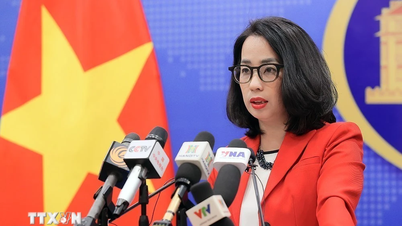


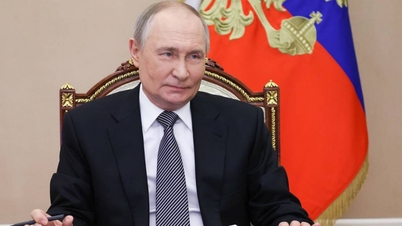



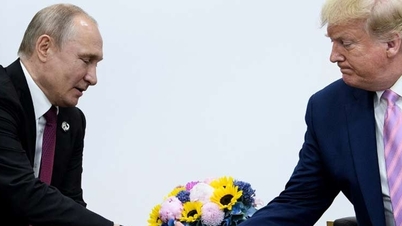

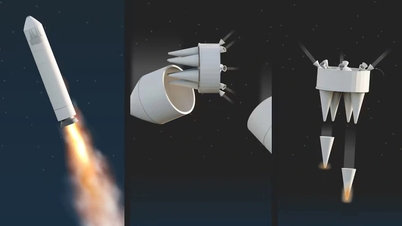
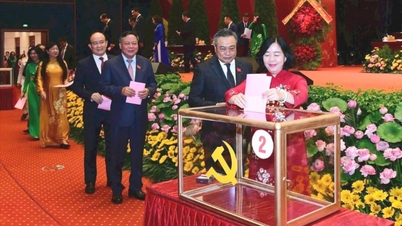

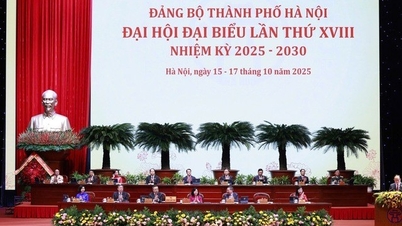
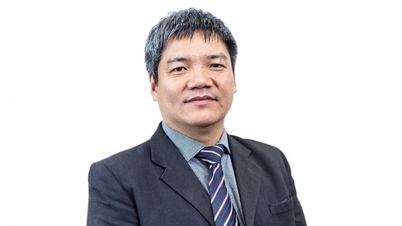
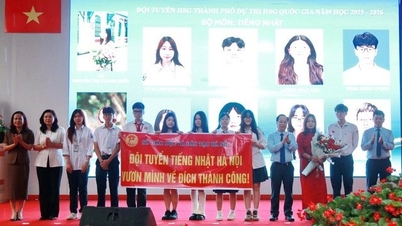
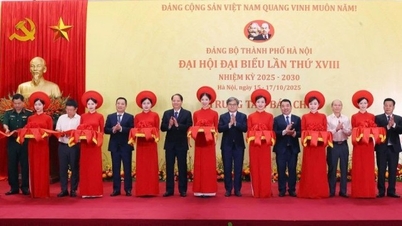
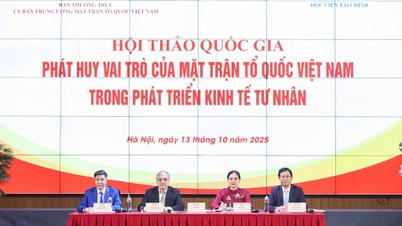




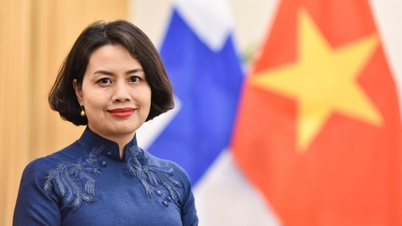

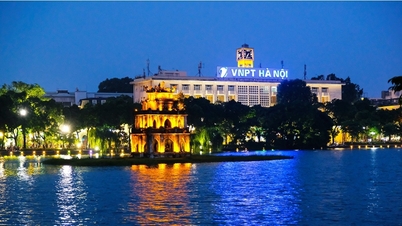
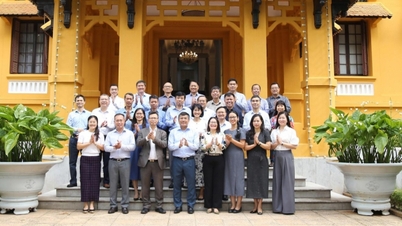
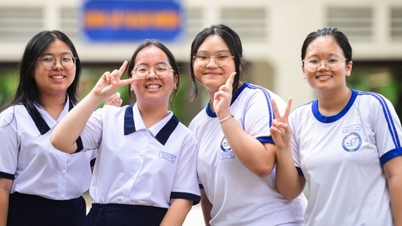

![[Photo] Nhan Dan Newspaper launches “Fatherland in the Heart: The Concert Film”](https://vphoto.vietnam.vn/thumb/1200x675/vietnam/resource/IMAGE/2025/10/16/1760622132545_thiet-ke-chua-co-ten-36-png.webp)






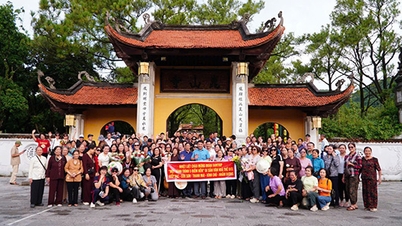











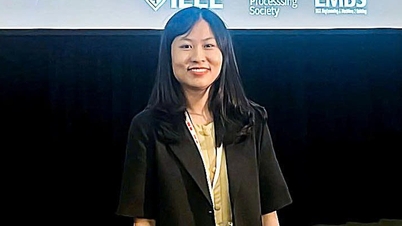





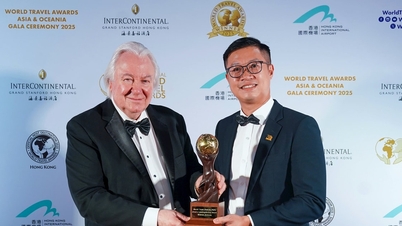

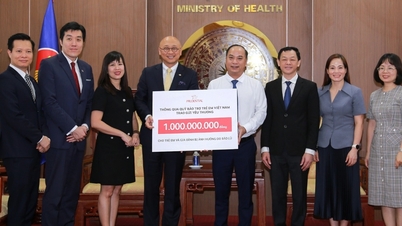









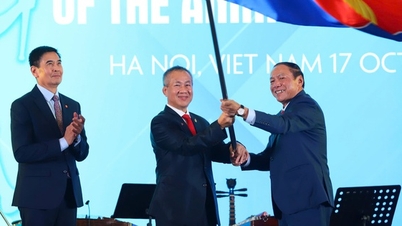




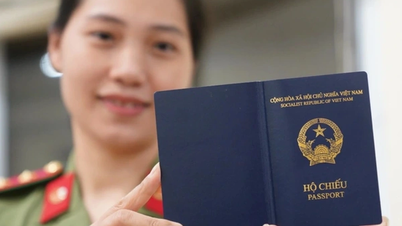
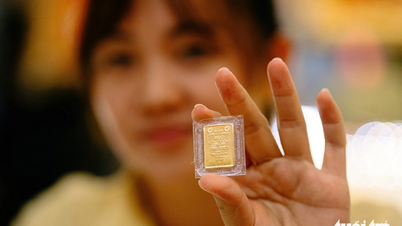


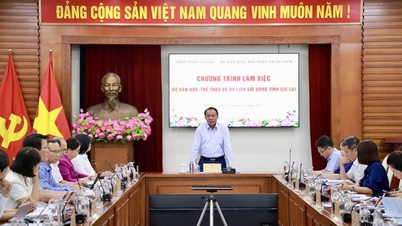
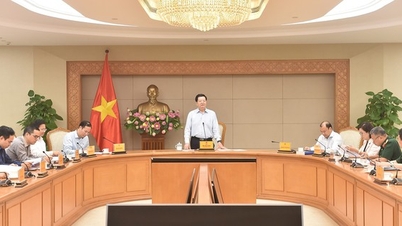
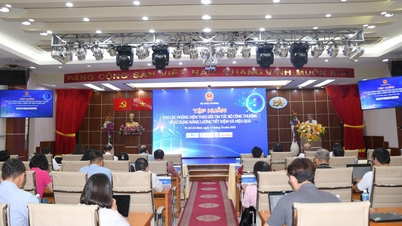

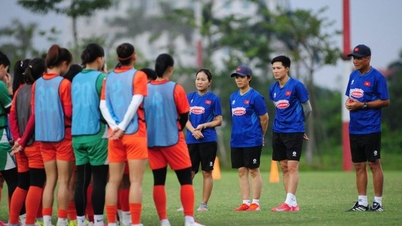
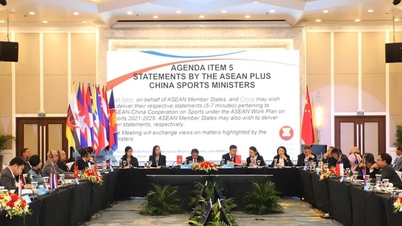
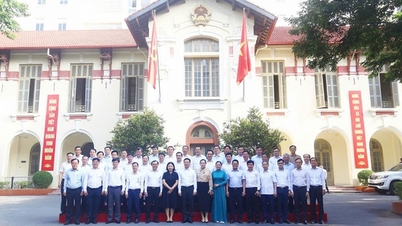

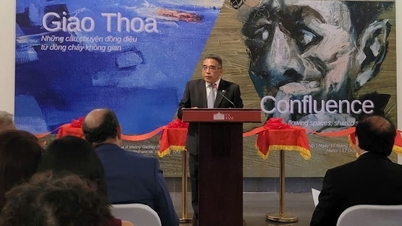



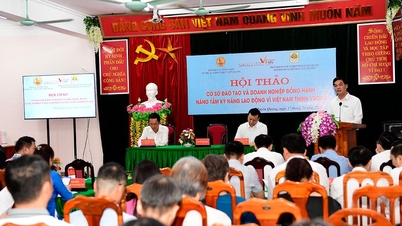


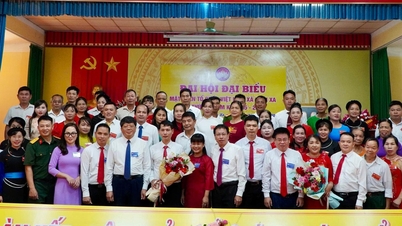
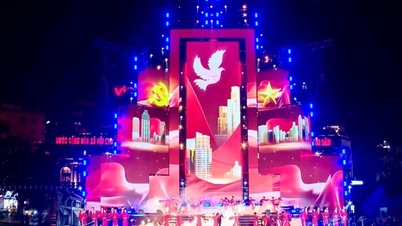















Comment (0)